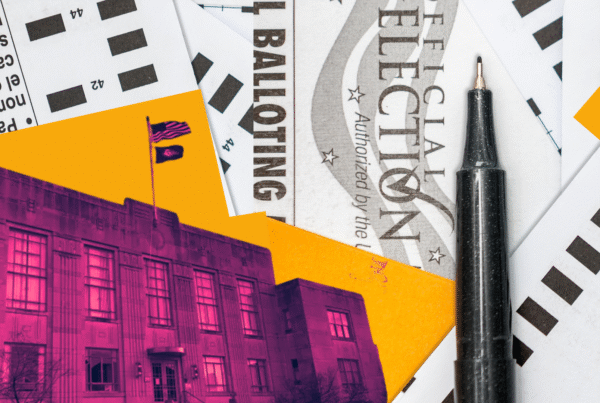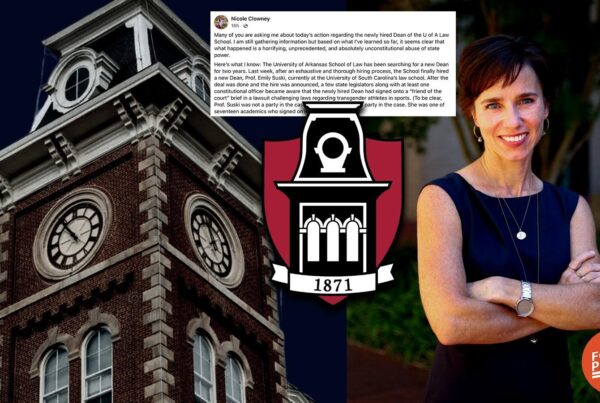Proposed legislation would have worsened the rural healthcare crisis on a technicality
Alongside the General Assembly’s raging dumpster fires of LEARNS, culture war bills, prison expansion, and more, it’s important we don’t let smaller fires go unchecked. Let’s look at rural healthcare and how a simple legislative change almost made the rural healthcare crisis even more dire.
It’s no surprise that Arkansas’s healthcare system has struggled the past decade. Between COVID, increased prices for supplies and drugs, and a massive shortage of healthcare professionals, over 50% of hospitals in the state operate at a loss and are in danger of closing. In rural areas especially, the healthcare situation has reached dangerous levels with some of our rural neighbors needing to travel hours for basic services.
The legislature, to their credit, has not ignored this problem. Arleg has taken measures to support some segments of rural healthcare providers; an example is HB1127, a bill to open up federal funds for the 16% of rural Arkansas hospitals in danger of immediate closure.
But let’s look at HB1544 and HB1545 by Rep. Lee Johnson. These two bills have passed the House and are on the agenda in Senate Education. They look simple enough; the bills changed current language regarding medical scholarships and loan forgiveness programs, amended “rural” to “medically underserved.”

The 2019 legislation authorized the creation of a scholarship and a managing board intended to encourage new osteopathic doctors (DOs) to practice in rural areas (Osteopathic medicine is a “whole person” approach; these doctors treat the entire person rather than just the symptoms, with a focus on preventive health care).
Basically, if a student graduated from one of the two DO schools in the state, their education costs are covered if they practice in a rural area for five years — a pretty good deal for the docs and a great way to ensure this type of care in rural areas of the state.
This year, the Arkansas Department of Higher Education convened the scholarship board and started soliciting funding from the state. Rural areas desperately need more healthcare workers and DOs make excellent rural healthcare workers. The crisis is ongoing and requires more focus and funding than Arleg seems to give it, but this kind of scholarship program helps stem the bleeding.
Here’s the rub: by changing the wording of the authorizing legislation from “rural” to “medically underserved,” HB1544 and HB1545 would have kneecapped the scholarship’s intentions to get more rural doctors — because virtually all of Arkansas qualifies as medically underserved. Graduating students would not have been required to focus on rural care, which comes with its own specific training and equipment needs. Under Johnson’s original bills, graduating students could have gone to metro areas and suburbs to satisfy the more lenient requirements for residency in the scholarship.
Thankfully, the Department of Higher Education was paying attention and pointed out the potential impact Johnson’s bills would have the rural scholarship program. Johnson agreed to amend the bills to avoid the fallout for the program and for access to rural DOs. Healthcare policy is complex, after all, and with hundreds bills coming down the pike, many of these policy changes go unchecked — despite possible harm to Arkansans.
It appeared that Rep. Johnson genuinely meant well with his original bills, but the bills would have caused widespread harm to rural healthcare. Continuing to funnel money and personnel away from rural areas would have worsened the crisis.
Furthermore, this is a great example of why keeping ourselves educated and engaged is so important to democracy. The big stuff like LEARNS and prison reform naturally draw lots of attention, but we have to pay attention to everything lawmakers do to keep them accountable and to ensure that we have an ongoing dialogue with them.
In the instance of HB1544 and HB1545, the legislative change was small but the impact on rural healthcare would have been huge.





